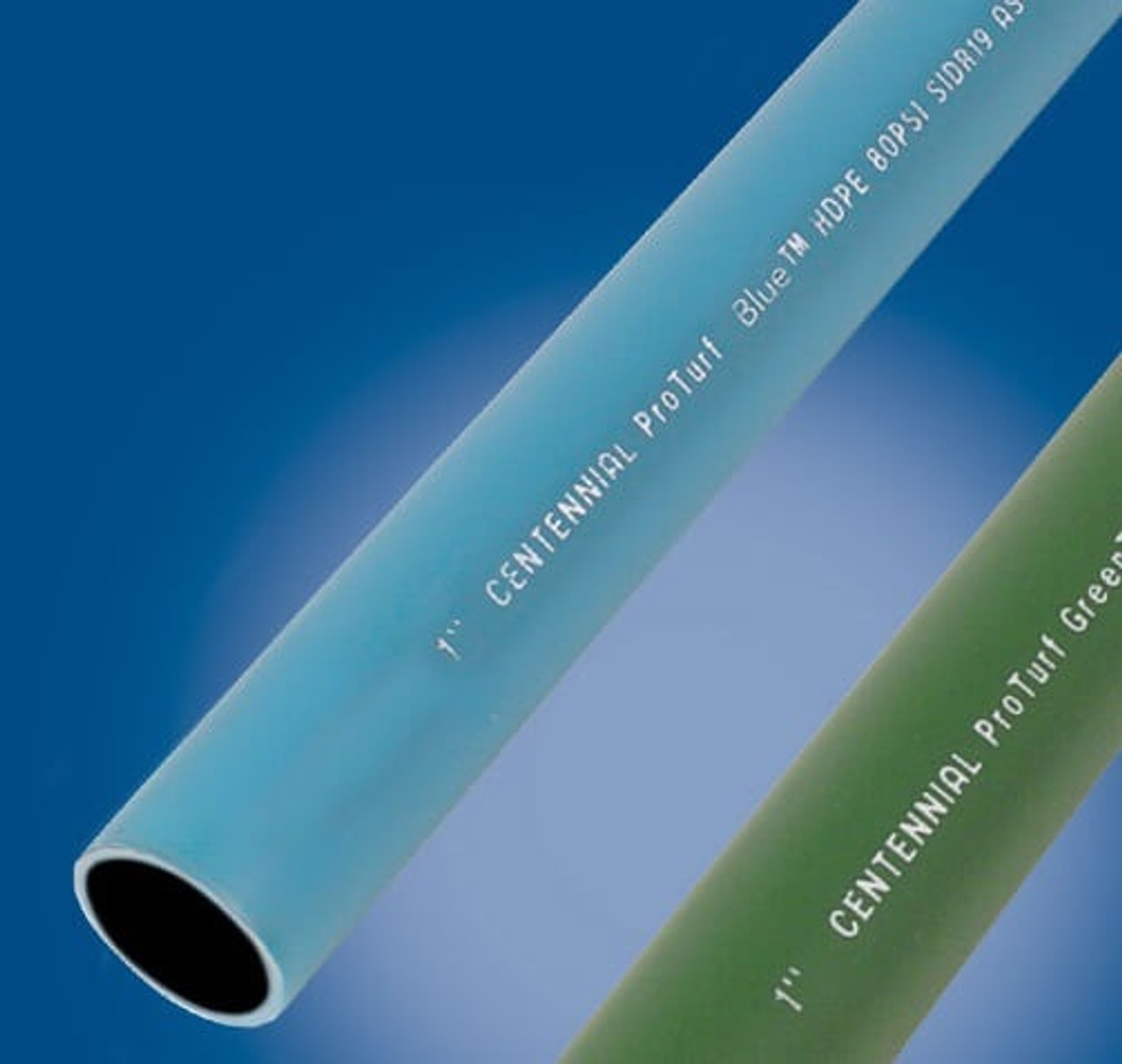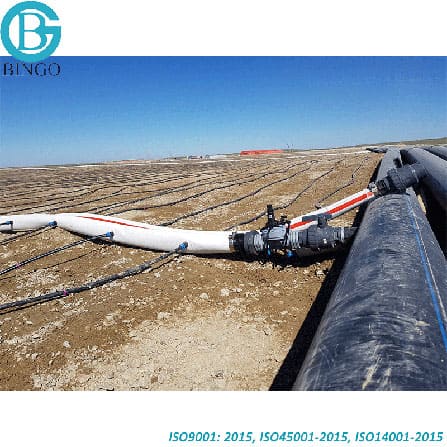The Comprehensive Resource to Pipe Manufacturing Midland TX for Construction
A Comprehensive Guide to the Numerous Uses HDPE Pipe in Building and Sector
HDPE pipes have actually become a critical part in modern-day construction and industrial applications. Their distinct residential properties, such as resistance to rust and lightweight layout, make them ideal for a wide variety of usages. From supply of water systems to farming watering, HDPE pipelines use solutions that enhance effectiveness and sustainability. Recognizing their varied applications is important for experts seeking to maximize framework. What details benefits do these pipelines offer each sector?
Supply Of Water and Distribution Solutions
Supply of water and distribution systems are vital elements of metropolitan facilities, typically depending on high-density polyethylene (HDPE) pipes for their toughness and effectiveness. These systems transport drinkable water from treatment facilities to customers, making certain access and safety and security. HDPE pipelines are favored for their resistance to corrosion, chemicals, and extreme temperature levels, which boosts their durability and minimizes maintenance costs. In addition, their light-weight nature permits less complicated setup and transport, making them optimal for different urban and country applications.
The versatility of HDPE pipes allows them to be set up in tight rooms and around barriers, reducing the need for extensive excavation (Pipe Manufacturing Midland TX). Their smooth interior surface area decreases rubbing losses, enhancing water circulation rates. As cities proceed to grow, the need for trustworthy supply of water systems enhances, positioning HDPE pipelines as a sustainable remedy for contemporary infrastructure tasks. Their tested performance history makes them a favored choice amongst engineers and city coordinators alike
Wastewater Management and Therapy
Effective wastewater monitoring and therapy are vital for keeping public health and wellness and ecological high quality. HDPE pipelines play a crucial function in this procedure as a result of their durability, resistance to deterioration, and capacity to stand up to harsh chemicals. These pipelines are commonly utilized in various applications, consisting of sewage systems, stormwater drain, and wastewater therapy centers. Their lightweight nature promotes easier setup and transportation, lowering labor expenses and time.
Furthermore, HDPE pipelines have a smooth indoor surface area that reduces friction loss, advertising effective circulation prices. They are additionally much less prone to leakages and failures compared to traditional materials, guaranteeing that impurities are contained properly. Their versatility allows for flexibility in different soil problems, making them suitable for varied environmental setups. As markets increasingly focus on lasting techniques, making use of HDPE pipelines in wastewater management systems straightens with goals for lowering environmental influence and improving source healing.
Agricultural Watering Solutions
In agricultural setups, efficient irrigation solutions are crucial for enhancing plant yields and handling water sources. HDPE (High-Density Polyethylene) pipes play an essential role in contemporary watering systems due to their longevity, flexibility, and resistance to deterioration. Their ability to endure high stress makes them perfect for both surface and subsurface watering applications, ensuring uniform water circulation throughout fields.
Farmers can utilize HDPE pipes in drip watering systems, which supply water directly to plant roots, lessening wastefulness and promoting healthy growth. Furthermore, these pipelines are light-weight and easy to install, decreasing labor expenses and installment time. Their lengthy lifespan and low maintenance demands additionally boost their appeal in agricultural practices.
HDPE pipes are environmentally friendly, as they can be recycled and do not leach damaging chemicals into the soil. This makes them a lasting option for farmers intending to take on eco-friendly agricultural approaches while making best use of productivity.
Industrial Applications and Procedures
Versatility is a hallmark of HDPE pipelines, making them indispensable in various industrial applications and procedures. These pipelines are extensively made use of in chemical handling markets due to their excellent resistance to a broad range of corrosive substances. HDPE's lightweight nature, incorporated with high tensile toughness, permits for simple setup and long-term efficiency sought after atmospheres.
In the oil and gas industry, HDPE pipes play an important role in transporting hydrocarbons and gases, many thanks to their durability and flexibility - American Plastics HDPE Pipe for Oilfield. Furthermore, they are used in mining procedures for the transportation of slurry and various other materials, where standard piping systems might fail
HDPE pipes are significantly utilized in making facilities for water supply lines and wastewater monitoring. Their capacity to stand up to extreme temperatures and stress makes them appropriate for a selection of industrial processes. On the whole, HDPE pipes add greatly to effectiveness and safety and security across varied industrial applications.
Stormwater Administration and Water Drainage Systems
Stormwater administration and water drainage systems are vital parts in urban facilities, created to manage excess rains and lower flooding risks. High-density polyethylene (HDPE) pipes are significantly utilized in these systems due to their longevity, flexibility, and resistance to rust. These pipelines successfully transport stormwater away from booming locations, minimizing surface overflow and protecting against waterlogging.
HDPE's lightweight nature helps with simpler setup, minimizing labor prices and construction time. Additionally, its resistance to chemicals and environmental stressors guarantees durability and dependability in numerous environments. In enhancement to typical water drainage applications, HDPE pipelines are also utilized in ingenious options such as eco-friendly facilities, which consists of rain gardens and absorptive sidewalks.

Regularly Asked Questions
Exactly How Does HDPE Pipeline Contrast to PVC Pipe in Expense?
As a whole, HDPE pipe tends to be a lot more pricey than PVC pipe because of its improved resilience and versatility. Long-term expense considerations, such as maintenance and life expectancy, might favor HDPE in certain applications.
What Is the Life-span of HDPE Piping Under Varying Conditions?
HDPE pipes generally have a life-span of 50 to 100 years, depending on environmental conditions, installation practices, and use. Variables such as temperature level, dirt kind, and direct exposure to chemicals can greatly influence their resilience.
Can HDPE Pipeline Be Recycled After Use?
Yes, HDPE pipelines can be recycled after usage. The reusing procedure entails thawing down the material, permitting it to be repurposed right into new products, therefore advertising sustainability and minimizing environmental effect related to plastic waste.
Are There Any Kind Of Details Installment Difficulties With HDPE Pipelines?
Installation challenges with HDPE pipes include correct jointing methods, making sure sufficient trench conditions, and taking care of thermal development. In addition, experienced labor is required to take care of specific equipment, which can make complex the setup process in numerous atmospheres.

What Certifications Should I Try To Find When Buying HDPE Pipings?
When acquiring HDPE pipelines, one should look for accreditations such as ASTM, AASHTO, and ISO, which verify top quality and conformity with industry standards, guaranteeing sturdiness and efficiency in different applications. - American Plastics HDPE Pipe Manufacturing